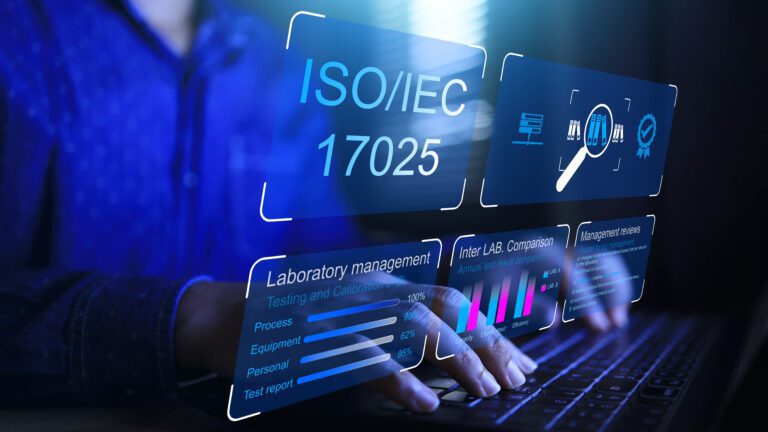ISO/IEC 17025 Testing and Calibration Laboratories

ISO/IEC 17025 is an international standard that provides general requirements for the competence of testing and calibration laboratories. It specifies the requirements for testing and calibration laboratories to demonstrate that they operate competently and generate technically valid results. Laboratories that comply with this standard are deemed to have met internationally recognized requirements for quality management systems and technical competence.
This post will focus on the application of ISO/IEC 17025 in New Zealand and Australia. Both countries have their own accreditation bodies responsible for the assessment and accreditation of testing and calibration laboratories.
In New Zealand, the accreditation body is IANZ (International Accreditation New Zealand). IANZ is a government-owned organization that provides accreditation services to testing and calibration laboratories in New Zealand. IANZ is a signatory to the ILAC (International Laboratory Accreditation Cooperation) Mutual Recognition Arrangement (MRA), which means that test reports and certificates issued by IANZ-accredited laboratories are recognized internationally.
The application of ISO/IEC 17025 in New Zealand is governed by the Laboratory Accreditation Act 2002. This act specifies the requirements for the accreditation of laboratories in New Zealand and the powers of IANZ. Laboratories that seek accreditation must demonstrate compliance with the requirements of ISO/IEC 17025 and the specific requirements of IANZ.
In Australia, the accreditation body is NATA (National Association of Testing Authorities). NATA is an independent, not-for-profit organization that provides accreditation services to testing and calibration laboratories in Australia. NATA is a signatory to the ILAC MRA, which means that test reports and certificates issued by NATA-accredited laboratories are recognized internationally.
The application of ISO/IEC 17025 in Australia is governed by the NATA Accreditation Act 2003. This act specifies the requirements for the accreditation of laboratories in Australia and the powers of NATA. Laboratories that seek accreditation must demonstrate compliance with the requirements of ISO/IEC 17025 and the specific requirements of NATA.
Both IANZ and NATA use a risk-based approach to the assessment of laboratories. The assessment process includes a review of the laboratory’s quality management system, technical competence, and the validity of its test and calibration results. Laboratories that meet the requirements of ISO/IEC 17025 and the specific requirements of IANZ or NATA are awarded accreditation.
In conclusion, ISO/IEC 17025 is an international standard that provides requirements for the competence of testing and calibration laboratories. The standard is applied in New Zealand and Australia by the accreditation bodies IANZ and NATA, respectively. Laboratories that seek accreditation must demonstrate compliance with the requirements of ISO/IEC 17025 and the specific requirements of the accreditation body. Accreditation provides assurance that test and calibration results generated by the laboratory are technically valid and internationally recognized.
